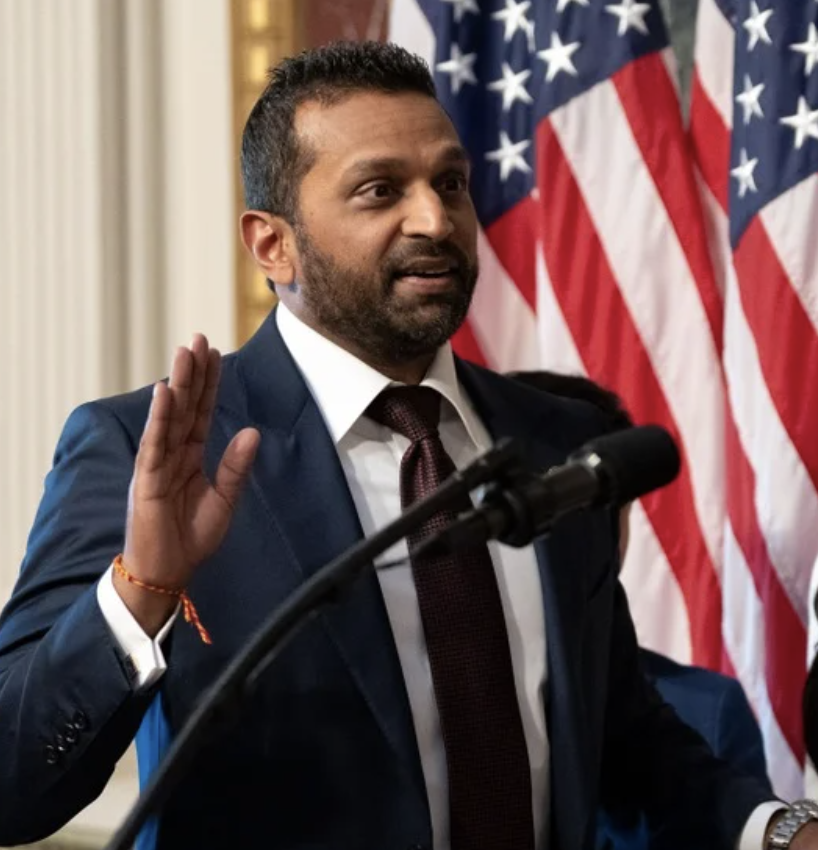Attorney General Holder’s approval rating dropped about as quickly as the Dow Jones did last Thursday when he told Congress in March of this year that he predicted that “we will be reading Miranda rights to the corpse of Osama bin Laden.”
Perhaps recognizing that his inartful comment only served to confuse his supporters and outrage his detractors, he tried again in April when he told Congress that the evidence against Bin Laden was “sufficient” enough that, assuming he were captured, any additional statements by him would not be necessary. I may be among the minority of Americans (whether a supporter or a detractor) who believes AG Holder’s initial statement was better than his clarification.
When Miranda v. Arizona was argued before the Supreme Court in 1966, the government warned the Court that the required use of procedural safeguards “effective to secure the privilege against self-incrimination” would more or less result in the end of successful interrogations.
In other words, once an accused were informed that he had, say, the right to remain silent and the right to have counsel present during interrogations, the accused would naturally invoke those rights and a confession would rarely, if ever, follow.
Most people involved in the criminal justice system would disagree with this dire forecast and confirm that it is extremely common for an accused to waive his rights. (Of course, there are exceptions: Miranda himself was eventually killed in a knife fight in 1976 by a suspect who, ironically, invoked his Miranda rights.)

While acknowledging that the image of a soldier reading a captured terrorist his rights seems both unnecessary and burdensome (it’s also a little far-fetched: more likely, it would be an FBI agent administering those warnings), we have to ask the obvious question: what’s the harm in advising a terrorist of his rights? Whether a terrorist is tried in a military commission or the criminal justice system, a statement—if it is going to become evidence—has to be admissible.
In order to be admissible in a civilian court, it must be voluntary and, if made during a custodial interrogation, must be made after the knowing, intelligent, and voluntary waiver of the Miranda warnings.
In order to be admissible under the Military Commissions Act of 2006, the military judge must find by a preponderance of the evidence, depending on the date of the statement, that (A) the totality of the circumstances renders the statement reliable and possessing sufficient probative value; and (B) the interests of justice would best be served by admission of the statement into; and (C) the interrogation methods used to obtain the statement do not amount to cruel, inhuman, or degrading treatment. A simple waiver of the Miranda warnings would seemingly contribute to the analysis under all three prongs.
Critics argue that if a terrorist invokes his rights, the government would lose valuable intelligence and present a weaker case in court than it would have otherwise. This is nonsense.
First, a terrorist who invokes his rights is not likely someone who was going to willingly provide intelligence in the first place. Second, an invocation by an alleged terrorist of his Miranda warnings would not necessarily result in the suppression of a statement, assuming one is eventually obtained. More to the point, which would by my third, even if a suspected terrorist invokes his rights, there seems to be nothing that would prevent intelligence officers from taking necessary steps to obtain information from the suspect. The only downside would be that such statements may not be admissible in court.
So far, this policy of reading an accused his rights has worked. On Christmas Day in 2009, Umar Farouk Abdulmutallab allegedly attempted to detonate explosives in his underwear on a Northwest flight en route from Amsterdam to Michigan.
His plot failed, he was arrested and was read his Miranda warnings. He waived those rights and is reportedly cooperating with law enforcement officials. More recently, Faisal Shahzad was arrested for his alleged involvement in the Times Square car bomb scheme. He too waived his rights and is apparently cooperating with authorities.
Yesterday, the Attorney General told David Gregory on “Meet the Press” that law enforcement officials, prior to reading Shahzad his rights, relied on the “public safety exception” to obtain information from Shahzad. It was also used in Abdulmutallab’s case. This exception allows officials to forgo the requirement that Miranda warnings be given before questioning if there are exigent circumstances which require protection of the public. Curiously, Holder then said that “we have to think about– perhaps modifying– the rules that– interrogators have.
And somehow coming up with something that is flexible and is more consistent with the threat that we now face.” The fact that the exception has been successfully relied upon in these two most recent cases seems to be strong evidence that the current exception is indeed flexible. In other words, there is no need for Congressional action to add something for which the law already provides.




